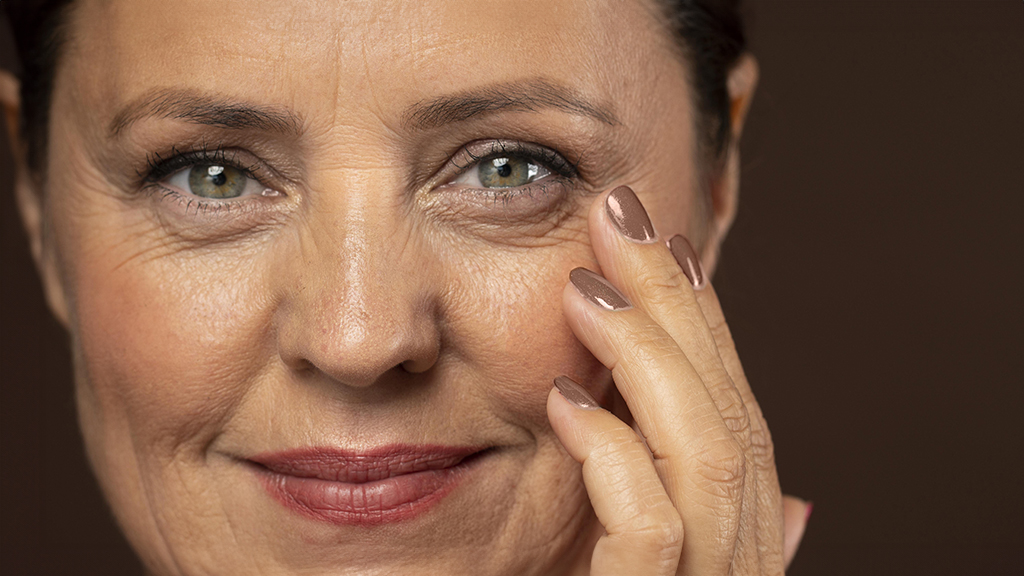Risks & Complications of Body Lifting Procedures
Every surgical procedure involves a certain amount of risk and it is important that you understand the risks involved with Body Lifting Procedures. An individual’s choice to undergo a surgical procedure is based on the comparison of the risk to potential benefit. Although the majority of patients do not experience the following complications, you should discuss each of them with your surgeon to make sure you understand all possible consequences of body lifting procedures.
Bleeding – It is possible, though unusual, to experience a bleeding episode during or after surgery. Should post-operative bleeding occur, it may require emergency treatment to drain accumulated blood or blood transfusion. Do not take any aspirin or anti-inflammatory medications for ten days before surgery, as this may increase the risk of bleeding. Non-prescription “herbs” and dietary supplements can increase the risk of surgical bleeding.
Infection – Infection is unusual after this type of surgery. Should an infection occur, treatment including antibiotics or additional surgery may be necessary. There is a greater risk of infection when body contouring procedures are performed in conjunction with body lifting surgical procedures.
Change in skin sensation – Diminished (or loss of) skin sensation may occur after body lifting procedures.
Permanent skin discoloration – Is rare after most forms of surgery. Permanent staining may result if the patient sunbathes or uses ultraviolet sun beds whilst any visible skin bruising remains.
Skin contour irregularities – Contour irregularities and depressions may occur after body lifting procedures. Visible and palpable wrinkling of skin can occur. Residual skin irregularities at the ends of the incisions, “dog ears” are always a possibility where there is excessive redundant skin. This may improve withtime or it can be surgically corrected.
Skin scarring – Excessive scarring is uncommon. In rare cases, abnormal scars may result. Scars may be unattractive and of different colour than surrounding skin. Additional treatments including surgery may be necessary to treat abnormal scarring.
Surgical anaesthesia – Both local and general anaesthesia involve risk. There is the possibility of complications, injury, and even death from all forms of surgical anaesthesia or sedation.
Asymmetry – Symmetrical body appearance may not result from body lifting procedures. Factors such as skin tone, fatty deposits, bony prominence, and muscle tone may contribute to normal asymmetry in body features.
Delayed healing – Wound disruption or delayed wound healing is possible. Some areas of the abdomen may not heal normally and may take a long time to heal. Some areas of skin may die. This may require frequent dressing changes or further surgery to remove the non-healed tissue.
Smokers have a greater risk of skin loss and wound healing complications.
Allergic reactions – In rare cases, local allergies to tape, suture material, or topical preparations have been reported. More serious systemic reactions to drugs used during surgery and prescription medicines may occur. Allergic reactions may require additional treatment.
Pulmonary complications – Pulmonary complications may occur secondarily to both blood clots (pulmonary emboli) or partial collapse of the lungs after general anaesthesia. Should either of these complications occur, you may require hospitalization and additional treatment. Pulmonary emboli can be life-threatening or fatal in some circumstances.
Seroma – Fluid accumulations infrequently occur in the treated area. Should this problem occur, it may require additional procedures for drainage of fluid.
Long term effects – Subsequent alterations in body contour may occur as the result of aging, weight loss or gain, pregnancy, or other circumstances not related to body lifting procedures.
Pain – Chronic pain may occur very infrequently from nerves becoming trapped in scar tissue after body lifting procedures.
Deeper sutures – Some surgical techniques use deep sutures. These items may be noticed by the patient following surgery. Sutures may spontaneously poke through the skin, be visible, or produce irritation that requires removal.
Unsatisfactory result – You may be disappointed with the results of surgery. Infrequently, it is necessary to perform additional surgery to improve your results.
Additional Surgery Necessary
Should complications occur, additional surgery or other treatments may be necessary. Even though risks and complications occur infrequently, the risks cited are particularly associated with body lifting procedures. Other complications and risks can occur but are even more uncommon. The practice of medicine and surgery is not an exact science. Although good results are expected, there is no guarantee or warranty, expressed or implied, on the results that may be obtained.
Additional Advisories
Deep Venous Thrombosis, Cardiac and Pulmonary Complications: Surgery, especially longer procedures, may be associated with the formation of, or increase in, blood clots in the venous system. Pulmonary complications may occur secondarily to blood clots (pulmonary emboli), fat deposits (fat emboli) or partial collapse of the lungs after general anaesthesia. Pulmonary and fat emboli can be life threatening or fatal in some circumstances. Air travel, inactivity and other conditions may increase the incidents of blood clots travelling to the lung causing a major blood clot that may result in death. It is important to discuss with your surgeon any past history of blood clots or swollen legs that may contribute to this condition. Cardiac complications are a risk with any surgery with anaesthesia, even in patients without symptoms. If you experience shortness of breath, chest pain or unusual heart beats, seek medical attention immediately. Should any of these complications occur, you might require hospitalisation and additional treatments.
Smoking, second-Hand Smoke Exposure, Nicotine Products (Patch, Gum, Nasal spray): Patients who are currently smoking, use tobacco or nicotine products are at a greater risk for significant surgical complications of skin dying, delay in healing and additional scarring. Individuals exposed to second hand smoke are also at potential risk for similar complications attributable to nicotine exposure. Additionally, smokers may have a significant negative effect from anaesthesia and recovery from anaesthesia, with coughing and possibly increased bleeding. Individuals who are not exposed to tobacco smoke or nicotine-containing products have a significantly lower risk of this type of complication.
It is important to refrain from smoking at least six weeks before surgery and until your surgeon states it is safe to return, if desired.
Female patients information: It is important to inform your surgeon if you use birth control pills, oestrogen replacement, or if you believe you may be pregnant. Many medications including antibiotics may neutralize the preventive effects of birth control pills, allowing for conception and pregnancy.
Intimate Relations after Surgery: Surgery involves coagulating of blood vessels and increased activity of any kind may open these vessels leading to a bleed or hematoma. Increased activity that increases your pulse or heart rate may cause additional bruising, swelling and the need for return to surgery and control of bleeding. It is wise to refrain from sexual activity until your surgeon states it is safe.
Medications: There are many adverse reactions that occur as the result of taking over the counter, herbal, and/or prescription medications. Be sure to check with your surgeon about any drug interactions that may exist with medication that you are already taking. If you have an adverse reaction, stop the medication immediately and call your surgeon for further instructions. If the reaction is severe, go immediately to nearest hospital. When taking the prescribed pain medication after surgery, realize that they can affect your thought process. Do not drive, do not operate complex equipment, do not make any important decisions and do not drink any alcohol while taking these medications. Be sure to take your prescribed medication only as directed.
For details about procedures and treatments or for a consultation, advice and prices from our Dubai clinic please call +971 4 431 2396 or use our online form.


